
The Nigerian Government’s proposed tax reform bill, led by President Bola Tinubu, has sparked intense debate, especially in the North. Prominent figures such as former Vice President Atiku Abubakar, Borno State Governor Babagana Zulum, and former Sokoto State Governor Aminu Tambuwal have strongly opposed the bill.
Northern leaders believe the reforms would unfairly burden northern states while befitting industrialised southern states like Lagos and Rivers. In response to mounting pressure from northern governors and 73 lawmakers, the House of Representatives indefinitely suspended discussions on the bill. The suspension was communicated through a memo dated November 30, 2024.
Despite the opposition, the Senate passed the tax reform bills for a second reading last Thursday. These bills, submitted by Tinubu in October 2024, have progressed rapidly through the legislative process. This raises concerns as to whether there were thorough consultations.
An Anti-North Bill?
On Sunday, Atiku Abubakar called for transparency and fairness when reviewing the tax reform bills. He warned the government against worsening the uneven development among Nigeria’s federating units.
Borno State Governor Babagana Zulum criticised the bill’s rapid progression and contrasted it to the Petroleum Industry Bill, which took nearly two decades to pass.
Why the rush? The Petroleum Industry Bill took almost 20 years before it was finally passed. However, this tax reform bill is being transmitted and receiving legislative attention within a week. It should be treated carefully and cautiously so that even after our exit, our children will reap its benefits, Zulum stated.
During an appearance on Channels Television’s Politics Today, he cautioned that while the president can push the bill, it could have dire consequences for millions of Nigerians. Former Sokoto State Governor Aminu Tambuwal criticised the timing of the tax reform.
I believe this is the wrong time for any upward review of either VAT or any form of tax; the time is inauspicious and terrible.
Already, we are facing hardship as occasioned by the devaluation of the naira and the removal of fuel subsidy that was done by this regime; I believe we should focus on managing the hardship and see how we can bring our people out of hardship
Similarly, 24 federal lawmakers from Kano State rejected the bill after a meeting chaired by Deputy Kano Governor Aminu Gwarzo. They vowed to oppose its passage. However, Abdulmumin Jibrin, Chairman of the House Committee on Housing and Habitat, maintained that both chambers of the National Assembly would soon pass the bills.
The Tax Reform Bills
The tax reform comprises four bills: the Nigeria Tax Bill, the Nigeria Tax Administration Bill, the Nigeria Revenue Service Establishment Bill, and the Joint Revenue Board Establishment Bill.
- One of its main components is establishing a centralised revenue service to coordinate tax collection.
This new agency, the Nigeria Revenue Service, will replace existing agencies such as the Federal Inland Revenue Service.
- The bill also proposes adjustments to tax rates, particularly VAT, which has sparked intense debate.
The government proposes an incremental rise from 7.5 per cent in 2024 to 15 per cent by 2030. Analysts warn this could raise living costs for ordinary Nigerians despite exemptions for essential goods.
- The proposed changes to VAT allocation have drawn the most criticism.
The bill proposes allocating revenue based on the location of consumption rather than company headquarters. Under the new plan, 60 per cent of VAT revenue would be assigned based on how much each state generates. This would significantly boost the income of states like Lagos, Rivers, and Delta while reducing funds for less industrialised northern states. Northern stakeholders are afraid that implementing this arguably fair model would be divisive.
An Anti-Wealth Bill?
The bill targets high-net-worth or wealthy individuals with higher taxes while introducing relief measures for small businesses. Public and private sector workers earning less than ₦70,000 monthly will no longer pay income/ Pay As You Earn (PAYE) tax. Small businesses with turnovers below ₦50 million will be exempt from taxes such as Company Income Tax (CIT) and VAT. For large companies with turnover above ₦100 million, CIT rates will gradually drop from 30 per cent in 2024 to 25 per cent by 2026.
The reforms promise to eliminate over 50 nuisance taxes, consolidate tax collection under one agency, and encourage investment in critical sectors like gas. Other benefits include tax incentives for companies that create jobs and retain employees for at least three years and exemptions for essential goods and services like food, healthcare, and educational materials.
While supporters of the bill are glad about its potential to modernise Nigeria’s tax system, northerners fear it could push their region into more poverty. Economic analysts worry that the bill will worsen hardship and place an undue burden on struggling individuals and communities alike.
West Africa Weekly further notes that increased taxes on the wealthy would be counterproductive, as businesses would pass these costs onto consumers through higher prices, ultimately affecting the same low-income earners the bill seeks to protect.
Read: Following Alarm Over Illegal Arrest Plot, Unknown Men Abduct Dele Farotimi
About The Author
Related Articles
African Union signals diplomatic reset with Sahel alliance states
The African Union has begun a new diplomatic approach toward the countries...
ByWest Africa WeeklyFebruary 11, 2026World Bank steps up support for Mali’s education sector
The World Bank has reaffirmed its commitment to Mali’s education system, pledging...
ByWest Africa WeeklyFebruary 11, 2026Atlas Oranto Hit by Licence Loss in Equatorial Guinea, Senegal, Venezuela
Nigerian oil magnate Arthur Eze’s company, Atlas Oranto Petroleum, is facing a...
ByWest Africa WeeklyFebruary 11, 2026Kogi Shuts Markets and Motor Parks in Crackdown on Terrorists
The Kogi State Government has ordered the temporary closure of selected markets...
ByWest Africa WeeklyFebruary 11, 2026


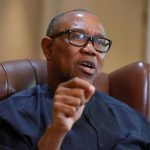


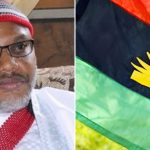
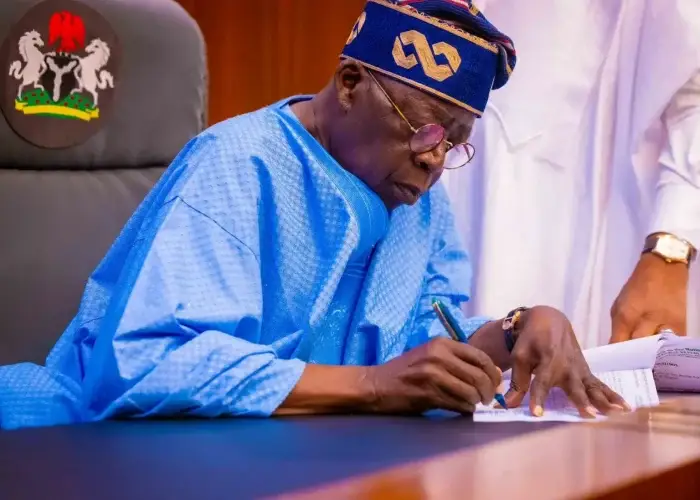

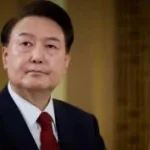


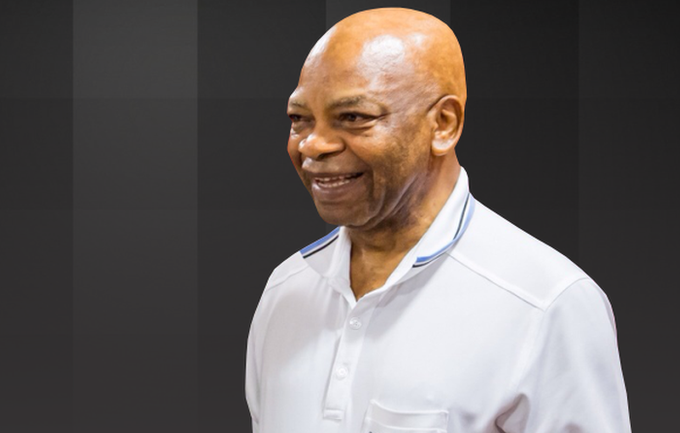
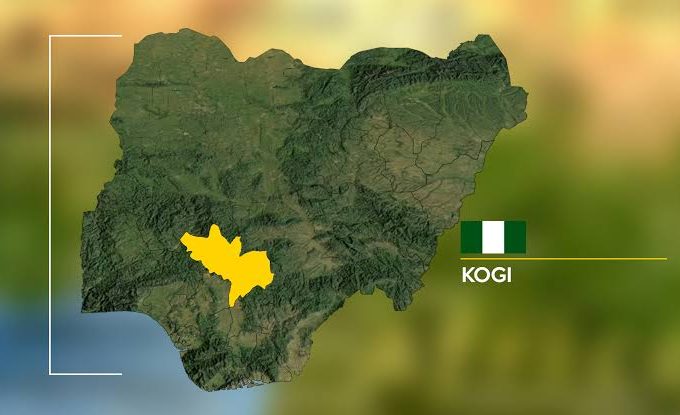
Leave a comment